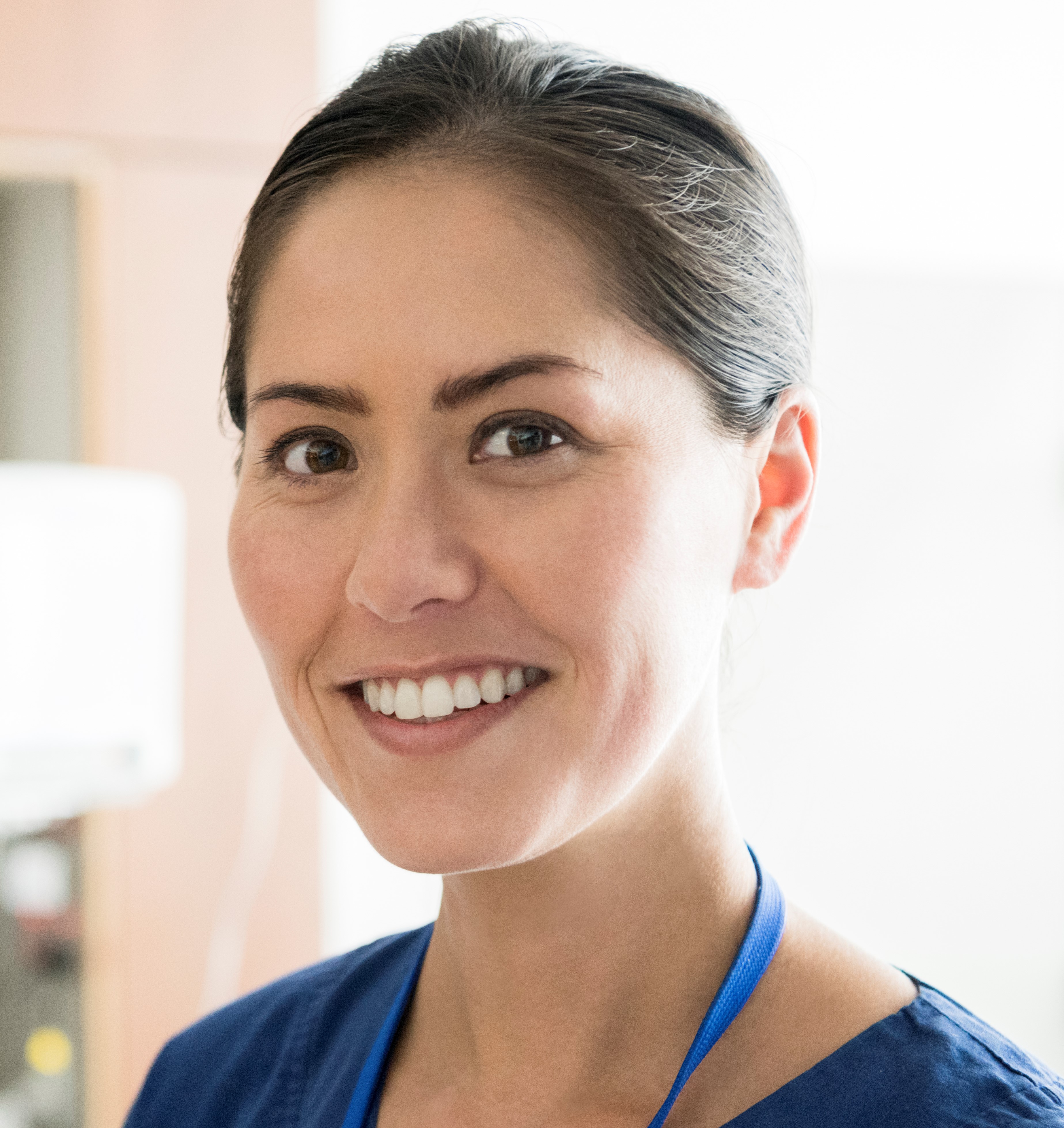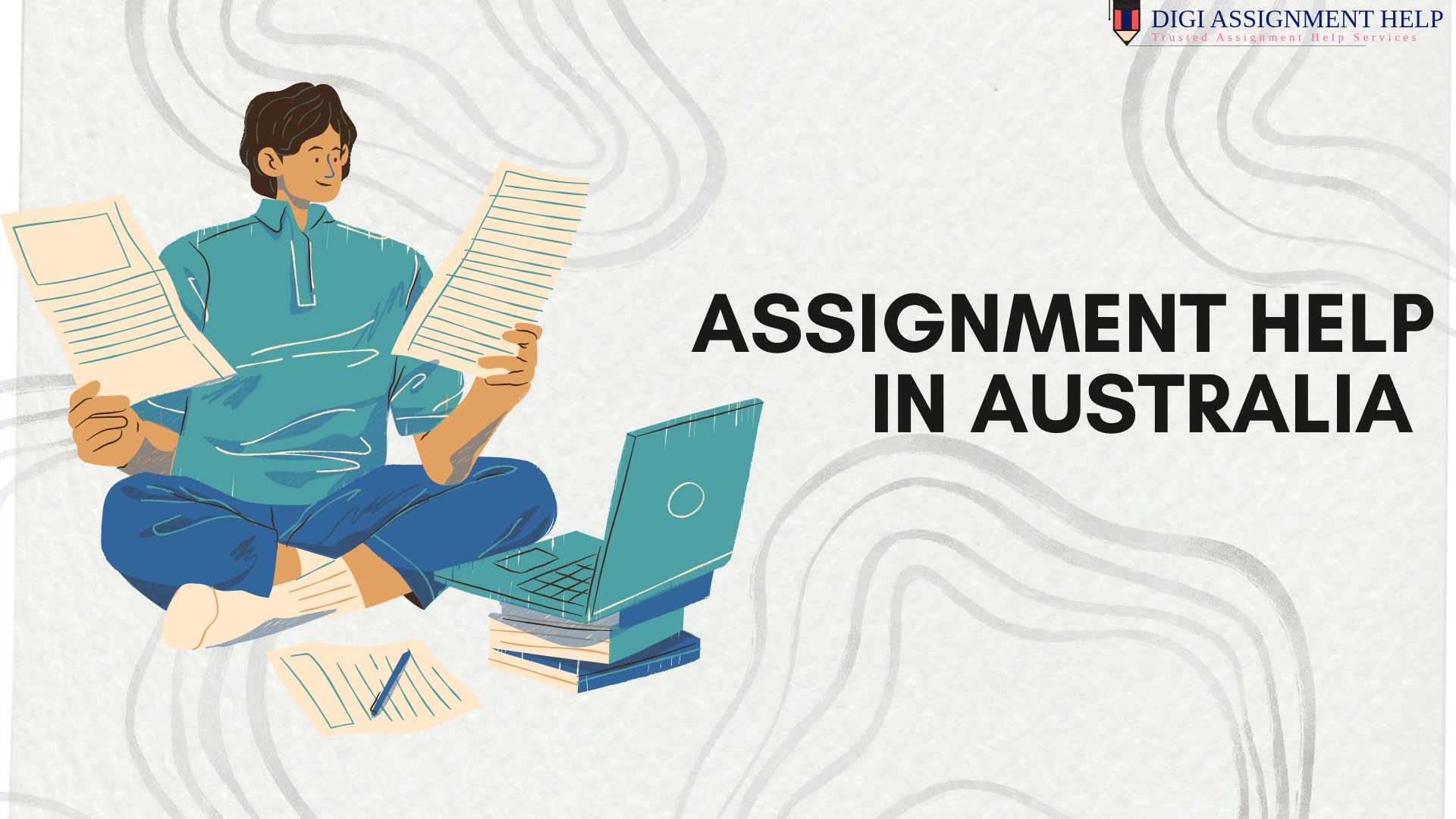$20 Bonus + 25% OFF CLAIM OFFER
Place Your Order With Us Today And Go Stress-Free
Clinical reasoning cycle is an efficient practice of delivering high quality care. It is a fundamental skill that ensures the safety of patients and sticks to their needs. It refers to the step-by-step procedure for nurses guiding them to tend to individuals. It allows them to gather, and analyse data to decide the best approach suitable to the person.
Clinical reasoning directs nurses at every stage of the treatment process. It assists with the right diagnosis to evaluation.It acts as a structured framework establishing a standard method and ethical guidelines. By using the NCRC, nurses can more effectively maintain their behaviour while dealing with the patient. It will improve the effectiveness and efficiency of the treatment. NCRC has its own significance in the healthcare sector. It benefits both the practitioners and the patients by acting as:
The cornerstone of Nursing Practice: It builds critical thinking and leads to well-informed decision-making. It directs nurses in efficient assessment and analysis.It is a clear step to get right to the treatment providing immediate relief.
Customised Services: It guarantees that each person receives customized care. It analyses all the risks and adopts the necessary preferences. this results in better health outcomes, increased satisfaction, and safety.
Professional Competence and Contribution: Individuals who have mastered clinical reasoning techniques exhibit a high degree of competence. They can work well with interdisciplinary teams, and handle challenging medical situations.
Let’s have a look at understanding the various phases of the cycle and thier significance:
Information Gathering: This is the first stage which entails learning the medical history of the individual. It studies their current symptoms, vital signs, and test results. The goal is to have a thorough grasp of the condition and spot any possible problems.
For example- Before running the medication for a chest burn, it is necessary to do the recommended tests.
Data Processing: This includes studying the report in detail and examining it. This helps to spot any odd trends, patterns, and issues. Strong critical thinking abilities make it easier to identify irregularities. To find changes, nurses may compare the most recent reports with base assessments.
For example- to check if the person’s hyperglycemia has improved, one would compare their current and previous reports. This comparison will assist to change the treatment or catch the issue.
Identification of Issue: It forms the way to the right diagnosis which is critical to ensure the right treatment. This stage helps to state the particular reasons for the diseases. It leads to the right medications and precautions to control the situation.
For instance, a nurse tending to a diabetic patient may recognise low glucose level as an issue. They may speculate about possible causes like insufficient insulin or improper dietary management.
Establishing Objectives: This includes setting treatment objectives that align with the patient's desired results. The goal setting is done according to the needs of individual.
For example: To treat a patient with diabetes, diet and medication should be managed first. They can also practice right exercises and proportional eating.
Planning Interventions: It involves creating a treatment plan to address the critical issues. It addresses the specific needs and ensures standard care following evidence-based practice. It focuses on the best nursing treatments and techniques, ensuring timely and safety of treatments.
Actions: Nurses collaborate with doctors to make a workable action plan. It is necessary to have effective coordination, and communication to carry out smooth operations. It also includes tracking progress by checking how the patient is responding to medications.
For example:While treating a patient with a broken bone it is recommended to check the level of pain before and after. This helps to know the effect of medication and the speed of recovery. It also determine better stratgies to reduce the pain.
Assessing Results: It studies the final outcome determining the success of the treatment. It also check any obstacles that happened during the treatment. It enables nurses to alter the care plan towards the best possible outcomes for patients.
For example: Let's suppose we are treating a patient with hypertension. In this case, the practitioner might look at blood pressure readings and lifestyle alterations. This helps to determine the effective of medication and offers suggestions for further care.
Also Read - Nursing Assignment Help
Let’s understand the above procedure with the help of an illustration. It will help students to understand how you can apply the approach in a healthcare setting. We will take the case of an individual who is to recieve treatment for diabetes.
Below is a step-by-step approach for your better understanding:
Patient Presentation: This is the first stage in which the medic studies the medical history of the admitted person. In this case, some of the common symptoms that the report will show are weakness and short-term memory loss.
Assessment: This refers to doing a physical checkup. You may notice that patients might face issues in delivering concentrated answers, and feellethargic. It includes conducting blood glucose levels. Let's say the results show a glucose level of 40 mg/d, illustrating a case of hypoglycemia. This will help to identiy more health complcations.
Data Collection: It includes obtaining more details about the health of the person. Nurses need to conduct suitable tests to get reliable data. They need to learn about the recent meals and insulin administration. As we are talking about a diabetic person, any major lifestyle change should be considered.
Identification of Issues: It checks the issues arising due to the medical condition. In this condition, it could be due to low glucose intake or high insulin.
Planning and Implementation: This includes following the registered treatment process. In this circumstance, it is mandatory to regulate and monitor glucose levels.
Evaluation: This stage studies the patient’s response to the administered medical care. It studies the progress or any side effects. The goal is to see if there is any progressive change bringing glucose range back to normal.
Reflection: The nurses are to teach patients about the issue and its consequences. It includes tips to further prevent the condition.
NCRC assists nurses in making wise decisions and solving problems in a healthcare setting. As showin in the example above, it helps with examining the situation, pinpointing relevant causes, and changing actions.
Furthermore, it promotes a strong connection between theory textbooks and clinical practice. Students can improve their practice by ensuring safe approach. The approach also helps in identifying difficulties and attending to them immediately.
Some of the benefits and challeneges of NCRC are addressed below:
1. Improved Patient Care: NCRC adopts a methodical approach to health evaluation and treatment. It provides higher satisfaction and outcomes amongst people.
2. Standardized Practice: It ensures that everyone receive high-quality care. It promotes uniformity and coherence in healthcare practice. It offers a systematic framework that makes medical treatments easier.
3. Professional Development: Students or practitioners can improve their analytical and problem-solving abilities. It also promotes lifelong learning and career advancement by establishing a positive image. It benefits hence run for both patients and nurses.
1. Time Restrictions: The whole process can be time-consuming. In clinical settings, nurses might juggle between demands to attend to multiple people . This can lead to compromise with quality care.
2. Restrictions on Resources: Health care faces a lack of resources, including personnel and supplies. This might hinder the right execution of the method. The end result is compromise with the standard treatment and delay in recovery.
3. Resistance to Change: The personnel might find it challenging to adapt to the new framework. They might not learn it at first which can lead to reduced quality care.
1. Education and Training: Nurses can learn the implementation of the NCRC. They can participate in extensive education and training programs.
2. Collaboration and Learning: Nurses can learn from the framework while practiting with their colleagues. They can work together with other doctors and allied medical professionals. This can improve interdisciplinary care delivery.
3. Constant Quality Improvement: People can also take feedback and work on them. frequent performance reviews can help pinpoint areas where individuals need to work. It also provides impetus for further efforts to improve quality.
4. Professional Assistance: They can rely on professional platforms like Digi Assignment Help. They can avail their nursing experts to understanfd the theoretical framework and correct application.
Case studies are an outstanding tool to assist students in understanding the details of the subject. They guide us to comprehend the many complexities involved in patient care. The curriculum involves many case studies addressing various situations.
Every case study explores a different case offering more perspective. It goes into detail about medical background, current symptoms, and available treatments.They play a significant role in interpreting the various cases and improve the quality of medical diagonsis.
It also serves as a standard for safe medical practices guiding through the Do’s and Dont’s. They help individuals to assess decision-making in a range of clinical contexts. They also guide to learn more about the variables affecting clinical decisions. One can leverage them to study how they affect patient outcomes by evaluating logical reasoning.
The process helps to maximise patient care. These case studies serve as a method to compare the various outcomes and choose the best one for the person in need. They serve as a gateway to study different techniques ending up with the most suitable one.
Reflective practice is an essential component of professional development in any career. It allows a revision of past experiences and an opportunity to learn from them. It is an effective way to evaluate the past acts and weigh potential improvement strategies. The following are some benefits of reflective practice:
1. Development of Critical Thinking: It acts as an initiative for individuals to consider their actions during practice. Practitioners can spot holes in their logic by analysing their decision making.
2. Learning from Experience: Improvement is not always ensured by knowledge alone. Through reflective practice, healthcare workers can derive valuable insights and work on their weaknesses. They can develop strategies that can increase their professionalism.
3. Improved Problem-Solving Ability: practitioners can gain a more clear idea about different situations. They are able to recognize underlying problems, taking into account several approaches. It helps to make better decisions in the future.
4. Better Decision-Making: It helps individuals to become more aware of their own biases. it serves as a window to analyse the impact of their decisions. This instills more accountability and responsibility leading to better judgement.
5. Professional Development and Adaptation: It helps professionals stay current on the latest evidence-based procedures. They guide them to adjust to the changing requirements of their patients.
6. Enhanced Confidence: It boosts the confidence of individuals. They develop solutions by following an arranged strategy. It boosts their communication skills leading to coordinated treatment and the best possible outcomes.
7. Identification of Limitations: It helps them to reflect on the points where they need to make improvements. It motivates them to pay more attention to details. This way they can work on all the shortcomings.
Clinical reasoning is an important practice in healthcare systems. They serve as a measure to study the various trends. They also aid in understanding technological breakthroughs and assist in complicated decision-making processes.
This approach promotes evidence-based practice leading to better judgement in advanced care. It is an incredible way to reflect on one's medical journey and incorporate more effective methods.
They may improve patient outcomes and develop individual’s critical thinking abilities. Nurses need to emphasize continuing their professional development by staying up to date. Individuals can attend workshops, and continuing education programs to hone their skills.
Clinical Reasoning Cycle is a step-by-step procedure that enhances the standard of care. It involves understanding the patient's condition and formulating the right treatment plan. College students must pay close attention to grasp and apply this approach effectively, as it plays a crucial role in clinical practice.
For nurses, it adds precision to their work and upholds professionalism. To strengthen their understanding, individuals can seek help from peers or rely on expert assignment makers who specialize in nursing and healthcare topics. With the support of our nursing experts and experienced assignment makers, students can build a solid foundation for a successful career in the healthcare sector.

I Janet Campbell, hold a doctorate in nursing. Nursing is a profession that I have been practic...
Doctorate in Nursing
I have a Master's degree in Electrical and Electronics Engineering and have been working as an onl...
Masters in Electrical Engg
I have an MSc in Economics from the University of Victoria, which I completed in 2011. For the ...
MSc in Economics
Graduated from The University of Sydney with a Masters in Marketing Research. For the first fiv...
Masters in Marketing Research
My name is Sophia Sampson, and I recently earned a Ph.D. in medical science. In addition to be...
Ph.D in Medical Science
Find Best Experts in City wise
Our Best Assignment Help Expert team work.
















